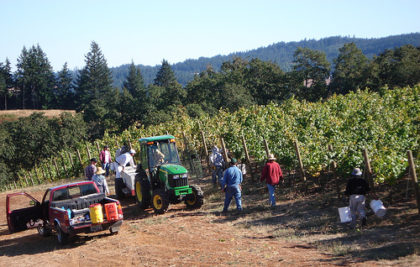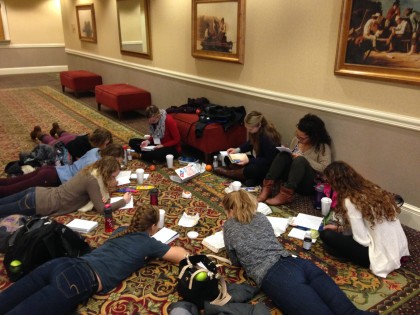What effects do people like Guillermo, who come to the United States to pick our produce for a low hourly wage, have on the overall economy? Does immigration hurt the American worker? Are foreign workers even needed? What about the costs of providing education, healthcare, and other public services to these people? Can our country afford to welcome so many immigrants? Could we afford not to have them here? From a Christian perspective, these questions ought not to be primary: the scriptural witness is that we are to … [Read more...] about The Value of Immigrants to the United States. Part 9 of the Welcoming the Stranger Series
economy
The Economy of the Kingdom (Matthew 20:1-16)
This is the second of a four part series of posts in which David Williams shares some historical and theological observations on the Bible passages studied at the Urbana Student Missions Conference 2015. The passages under consideration are Matthew 8:1-17, Matthew 20:1-16, Matthew 25:31-26, Matthew 27:57-28:15. In follow-up he will post an application piece. We'd also love to hear how would apply in your particular campus context. If you're at Urbana15, please swing by and hangout at the Emerging Scholars … [Read more...] about The Economy of the Kingdom (Matthew 20:1-16)

